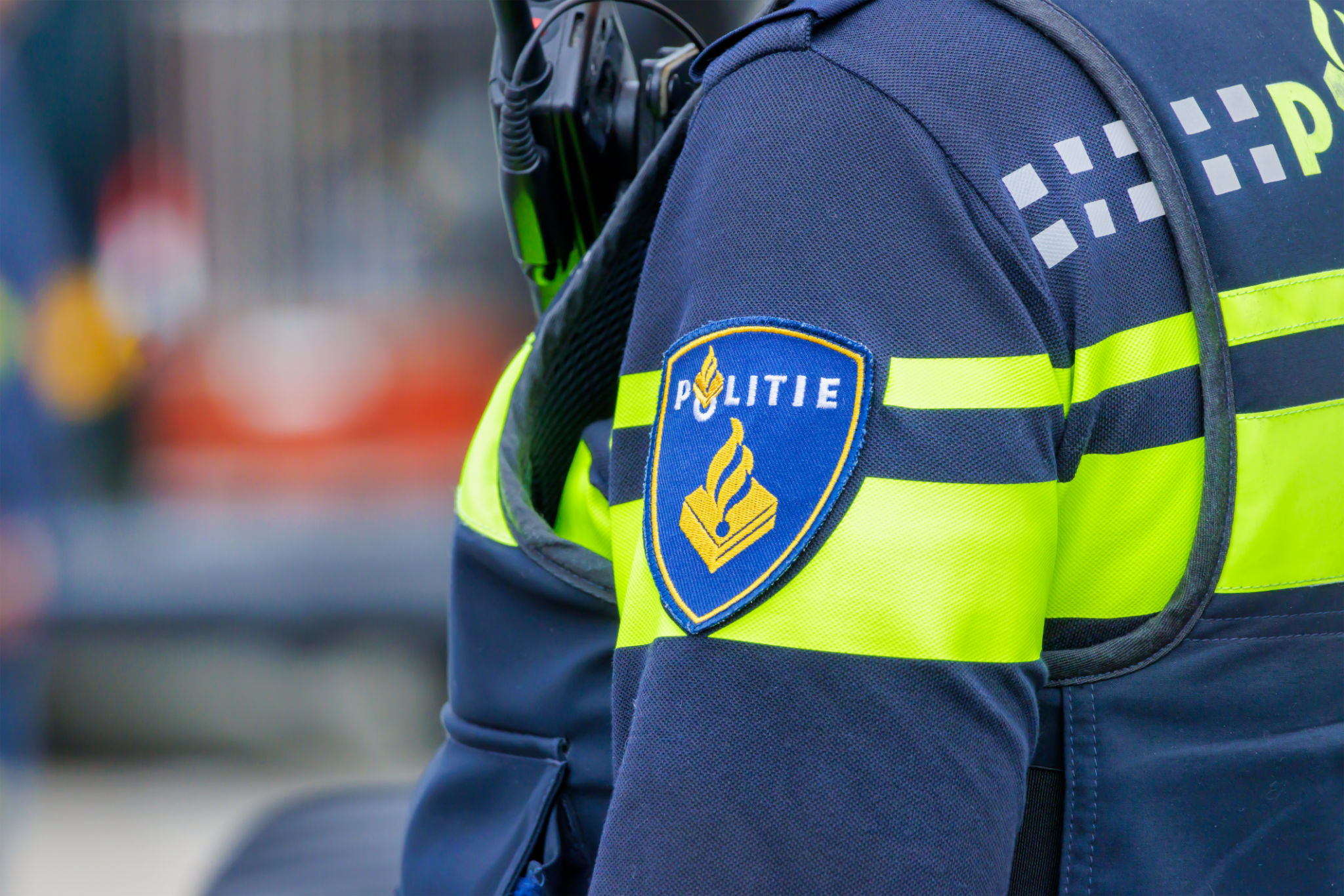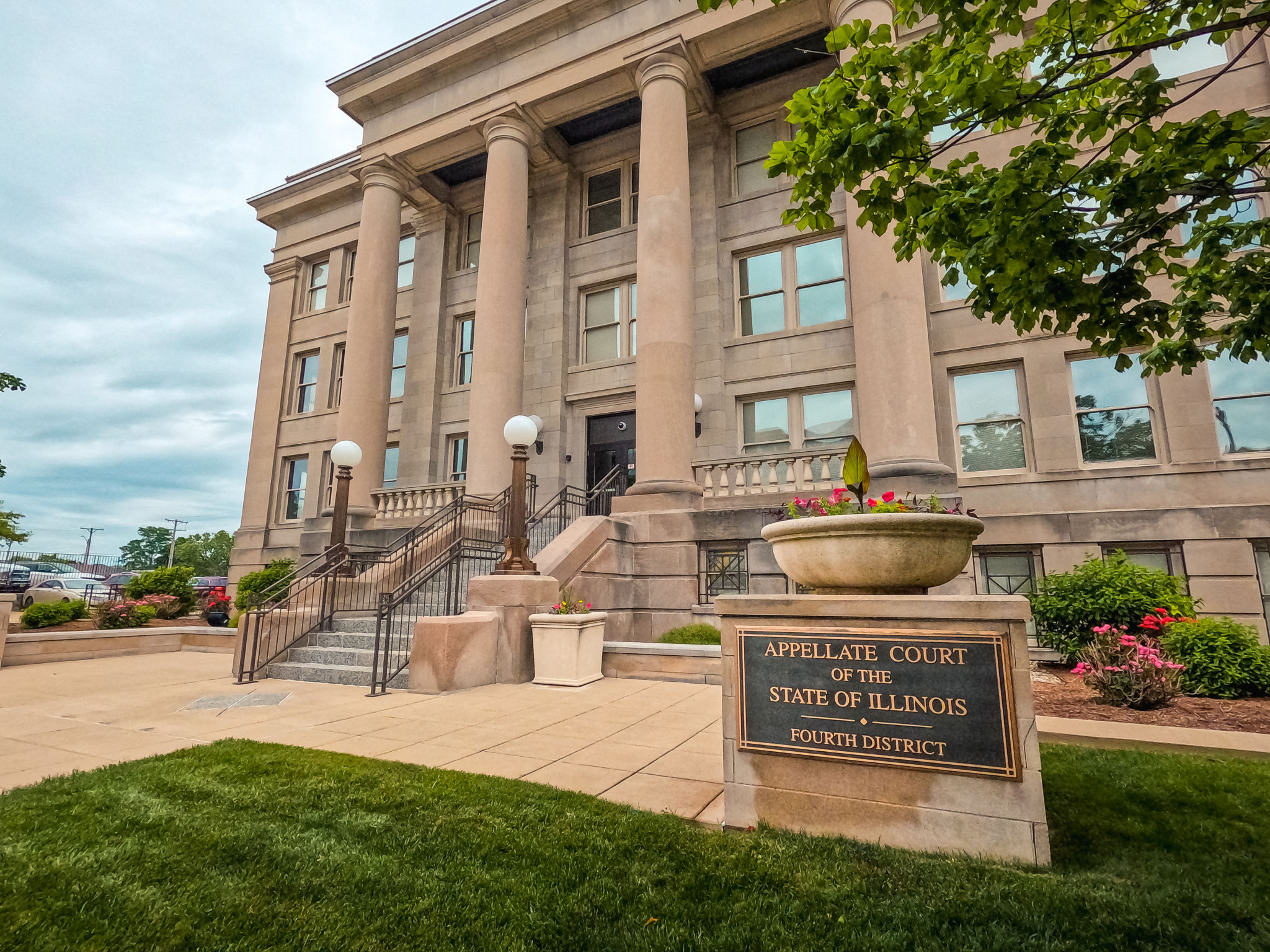Comprehensive Guide to Law Enforcement in Cook County
Understanding the Structure of Law Enforcement in Cook County
Cook County, home to the bustling city of Chicago, boasts a complex and multifaceted law enforcement system. The unique structure is designed to cater to the diverse needs of its residents, covering urban, suburban, and rural areas. This guide aims to provide a comprehensive overview of how law enforcement operates within this large and populous county.

The Role of the Cook County Sheriff's Office
The Cook County Sheriff's Office is one of the largest in the United States, providing a wide range of services beyond traditional law enforcement. The Sheriff's Office is responsible for maintaining the Cook County Jail, providing courthouse security, and operating specialized units that tackle issues such as gang violence and narcotics trafficking. Their jurisdiction spans all of Cook County, offering support to local police departments when needed.
Furthermore, the Sheriff's Office conducts community outreach programs aimed at building trust and cooperation between law enforcement and the public. These initiatives are vital in fostering a safe and supportive environment across the county.

Local Police Departments
Within Cook County, numerous municipalities have their own police departments. Each department is tasked with maintaining law and order within its specific jurisdiction. These local agencies handle everyday policing activities such as responding to emergency calls, conducting investigations, and enforcing traffic regulations.
Collaboration between local police departments and other law enforcement entities is crucial for addressing county-wide issues. Regular communication and joint operations ensure that resources are efficiently used to combat crime effectively.

Specialized Units and Task Forces
Cook County law enforcement benefits from a variety of specialized units and task forces designed to address specific criminal activities. These include SWAT teams, K-9 units, cybercrime divisions, and more. Each unit is equipped with specialized training and tools to handle complex situations that go beyond regular policing duties.
Task forces often consist of members from different agencies working together towards a common goal. This collaborative approach allows for a more comprehensive response to crime, pooling expertise and resources for maximum impact.
The Importance of Community Engagement
Community engagement is a cornerstone of effective law enforcement in Cook County. By partnering with local organizations, schools, and community leaders, law enforcement agencies aim to build stronger relationships with residents. This proactive approach not only helps in crime prevention but also in gathering valuable intelligence that can assist in solving crimes.
Regular community meetings and events provide platforms for dialogue between law enforcement and citizens, helping to address concerns and build mutual trust. This collaborative environment is essential for creating a safer community for everyone.

The Future of Law Enforcement in Cook County
As Cook County continues to evolve, so too must its law enforcement strategies. Embracing new technologies, such as body cameras and data analytics, plays a significant role in modern policing efforts. These advancements help improve transparency and accountability while enhancing the efficiency of law enforcement operations.
Moreover, ongoing training and development programs are vital for ensuring that officers are well-equipped to handle the challenges of contemporary policing. By staying ahead of emerging trends, Cook County law enforcement can continue to provide effective and responsive services to its diverse population.